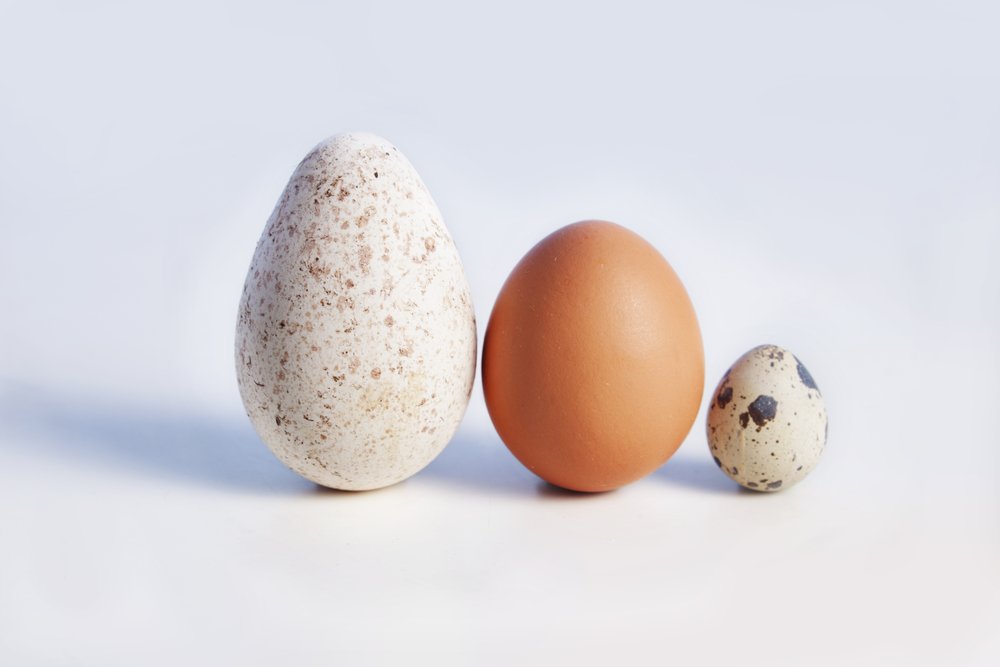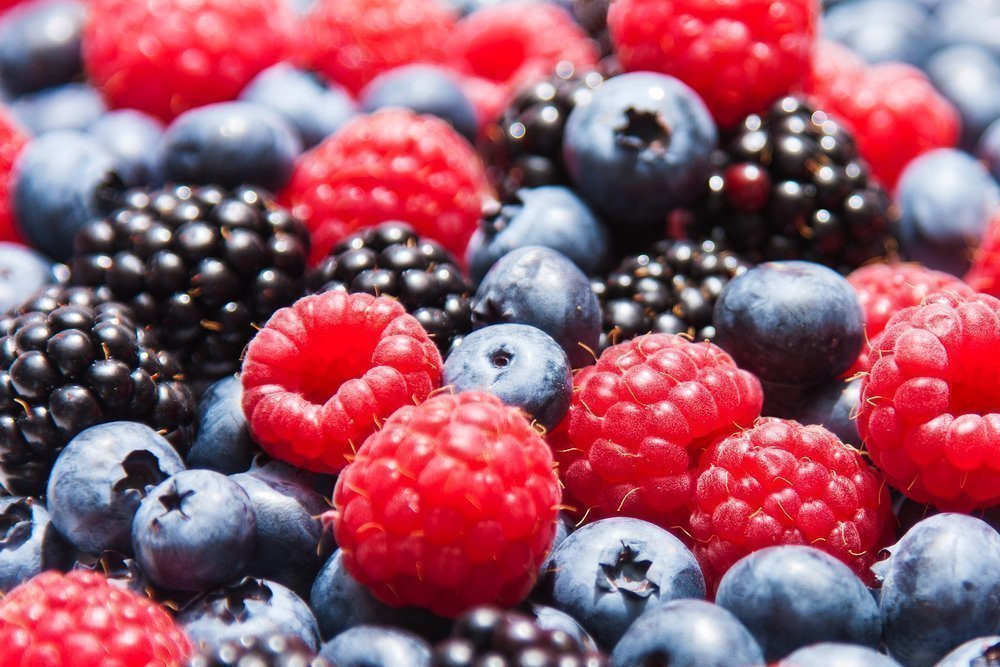Age 6 is a very responsible age in a child’s life. In a little while, he will go to school, which means that he needs a lot of strength and energy to maintain thinking processes, good performance and physical capabilities. This energy a child’s body can provide a healthy diet. And accustom him to the child should be as early as possible. What should a child eat before the age of 6 and later?
Proper nutrition for a child
According to nutritionist Lainie Jankin, M.D., one of the most important responsibilities of a parent is to provide a healthy diet for a child. But adults often follow their children’s lead by offering them chips, uncooked foods, French fries, and sugary sodas instead of healthy foods. Ultimately, this has a negative impact on development and health.
Most experts are of the opinion that half of a child’s plate should be filled with fruits or vegetables, a quarter with whole grains (pasta, porridge) and another quarter with healthy proteins such as eggs, cheese, meat, legumes or nuts. By adhering to these guidelines, a parent can not only feed a child deliciously, but also make his or her body healthier.
What foods are mandatory in a child’s diet at age 6 or older?
Milk and dairy products
Milk and dairy products are high in calcium and vitamin D, phosphorus, vitamin B12, and potassium. Dairy products provide the body with high-quality protein that is well absorbed.
Experts are of the opinion that after the age of two, a child should consume 3 servings of dairy products a day, including milk, yogurt, and cheese.
Greek yogurt without additives is a great option for a healthy and hearty snack that will enrich your child’s body with calcium and quality protein, as well as probiotics – beneficial bacteria necessary for intestinal health.
Beans
“Children ages 4 to 8 need about 25 grams of fiber each day,” says nutritionist and child nutrition specialist Kathy Andrews. – And most foods offered to children contain minimal, if any, fiber.”
A serving of beans or peas will give the body not only quality vegetable protein, but also fiber.
Eggs

One large chicken egg contains about 6 grams of protein, as well as important nutrients such as vitamins D and B12 and iron. All of these are necessary for normal child development.
Children can be offered scrambled eggs, a variety of omelets or egg casseroles. It’s delicious and easy! It’s also a great meal before kindergarten or school.
Avocados
This exotic fruit has long been ingrained on the table of Russians. It can provide a child’s body with healthy fats and give a prolonged feeling of satiety.
Avocado pulp can be used as a spread on bread or added to fresh vegetable salads. Avocados also make a delicious sauce for pasta.
Vegetables
Each vegetable is unique in its own way and contains different nutrients. For example, leafy greens like spinach and green lettuce are rich in vitamin K, orange and red vegetables contain vitamin A, and cruciferous vegetables like broccoli, white cabbage and cauliflower contain cancer-fighting substances.
The entire variety of vegetables should be regularly present on a child’s menu, both fresh and heat-treated.
Nuts and seeds
Cashew nuts, walnuts, almonds, pecans, sunflower seeds, chia seeds and many other varieties are valuable sources of healthy fats that are essential for keeping children’s brains and cardiovascular systems healthy.
They can be offered to a child as a healthy snack or added to smoothies, desserts and second courses.
Whole grains.
The best whole-grain foods for children are oatmeal, durum wheat pasta, brown rice, “whole grain” cereals, millet, and quinoa.
They can be used to prepare a lot of nourishing and healthy dishes, just supplemented with butter or a delicious sauce or gravy.
Berries

One cup of berries contains about 4 grams of fiber as well as loads of antioxidants, vitamins and minerals. Fresh berries make a great dessert for children or a great addition to yogurt or oatmeal.
And on the basis of frozen berries you can make compotes or use them as a filling for pies.
The articles on this site are for information purposes only. The site administrators are not responsible for attempting to apply any recipe, advice or diet, nor do they guarantee that the information provided will help or harm you personally. Be cautious and always consult a doctor or nutritionist!
*All products recommended by thefirstdoc.com are selected by our editorial team. Some of our articles include affiliate links. If you buy something through one of these links, you help us earn a small commission from the seller and thus support the writing of useful and quality articles.





